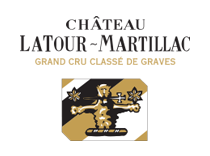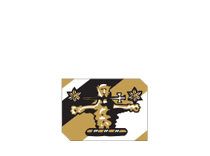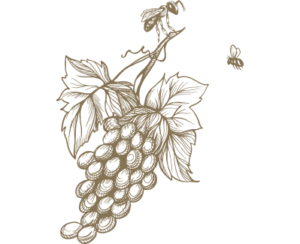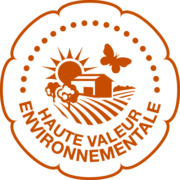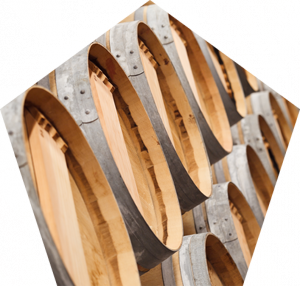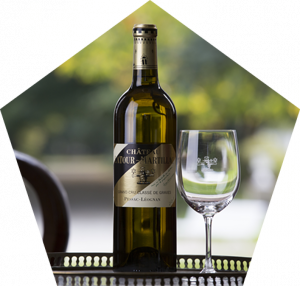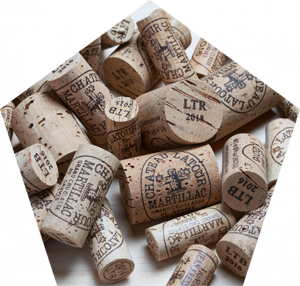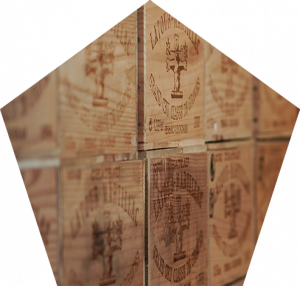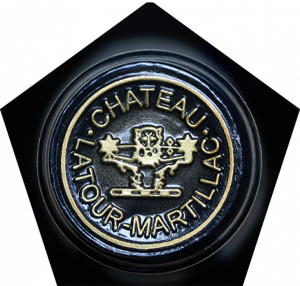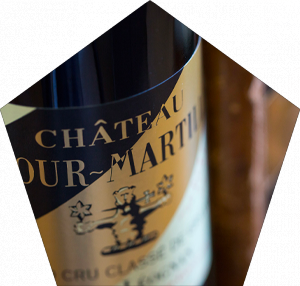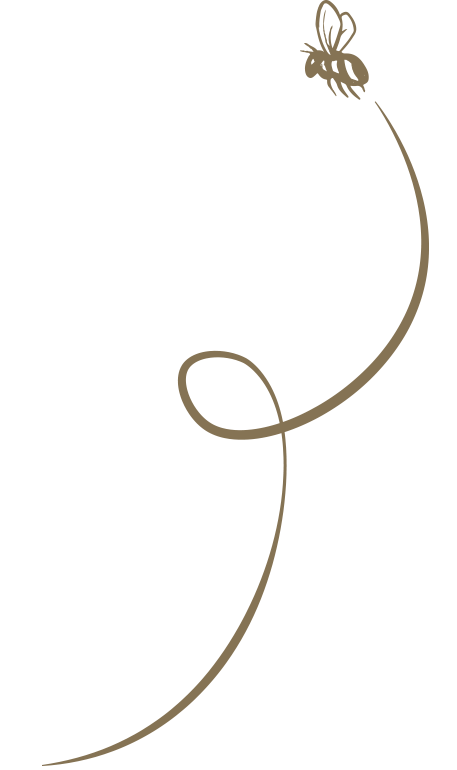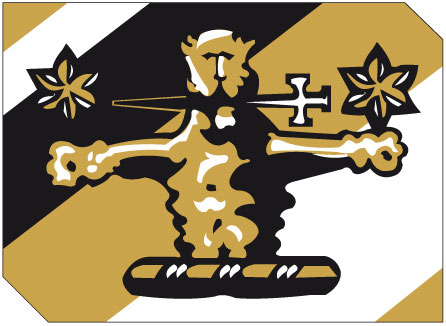With regard to communication, we voluntarily limit the volume of our printing of brochures and other leaflets. We favour digital communications via our website and social networks (Facebook, Instagram, Twitter, WeChat).
Our environmental approach
Located in the heart of Martillac village and therefore close to other houses, Château Latour-Martillac has been committed for several years to changing its cultivation practices to better respect the local fauna and flora as well as our teams, the residents next to our vineyards and our customers.
The estate wished to mark its environmental engagement in gaining High Value Environmental Level 3 certificate obtained in September 2020, within the framework of the Environmental Management System (SME) set up by the CIVB in 2010.
This certification validates the good practices already in place:
- Reduction of phytosanitary inputs
- Maintaining biodiversity in and around our vineyards
- Sustainable management of water resources
The key dates
of our commitment to the environment
The HVE3 certification illustrates our engagement, for many years now, with viticulture practices respectful to the environment. These steps have been slowly put in place.
The key dates of this engagement are as follows:
- 1999: Establishment of a treatment plant for viticultural waste.
- 2000: Introduction of green harvesting in the vineyard, prophylactic treatment.
- 2008: An end to chemical pesticides on the last 3 hectares treated like this in Martillac.
- 2008: Deployment of sexual confusion in the vineyard.
- 2010: Beginning of hedge planting and ecological corridors along our vineyards.
- 2010: Installation of the first beehives on the vineyards of Martillac and Langlet.
- 2014: End of anti-botrytis treatments.
- 2014: Use of horses for ploughing in the old vines.
- 2015: End of treatments containing CMR products.
- 2016: Financing of 50 hornbeam trees and 1.6 km of hedges in the village of Martillac.
- 2019: New approach to obtain HVE3 certification within the SME framework.
- 2020 : HVE3 certification obtained
On the Langlet property located in Cabanac-et-Villagrains, we own 55 hectares of PEFC certified forest. This standard promotes the balance between the environmental, social and economic dimensions of the forest through guarantees of sustainable practices.
A new cellar
with respect to the environmental conditions
In 2020 the construction of our new red wine cellar was completed. It has been designed to take into account environmental issues right from its conception:
- The new vat room is equipped with stainless steel tanks treated on the inside walls to limit the adhesion of tartar crystals in the wine and to allow easier cleaning and reduced water consumption;
- These vats are also equipped with “double skins” which provides thermal isolation and better efficiency;
- The waste water cooling system of the old vat room has been replaced by an air-cooling unit to save water.
Suppliers
selected according to their eco-responsible commitment
In addition to the vineyard and our technical buildings, we are working with partners and suppliers who share our respect for the environment.
Together, we have made the following choices:
Barrels
Our barrels are resourced exclusively from French forests from the center of France. More than half of our supplier-coopers use wood from forests certified PEFC.
Bottles
Our bottles are produced in Vayres in Gironde. Depending on the colour, between 55 and 80% are recycled.
Corks
We continue to use natural corks because it is the best closure system for its carbon footprint compared to screw caps or engineered corks or glass.
Wooden cases and cartons
Our partners are particularly committed to a 100% traceability of the wood used, the use of short supply circuits and the recycling of waste.
The cardboard used is composed of 75% recycled and 100% recyclable materials. All our cardboard manufacturing and printing processes are located between the Vendée, Charente and Gironde regions.
Capsules
Tin capsules, 100% recyclable.
Labels
One area where we still have a long way to go.
Constraints imposed on us:
- the use of very long-lasting glues which correspond with the shelf life of our wines (up to 30/40 years)
- the resilience of labels for our white wines, especially when our bottles are placed in ice buckets.
We are working on a daily basis to improve the carbon footprint of this component of our production.
Local products for tastings:
With our “food and wine pairing” tastings, we showcase the products of the Bordeaux region and encourage “local consumption” wherever possible. This has led to some excellent collaborations with local partners such as the From’Ange cheese dairy in La Brède, the Bordeaux chocolate maker Cadiot-Badie, Caviar de France in Biganos and the bakery in Martillac.
A close engagement with the neighbourhood
Today, our vines of Martillac border the houses along 1.45 km, about 15% of the perimeter of our vineyard.
Since 2020, we have been engaged in the Charter of Good Neighbourliness initiated by the Gironde Chamber of Agriculture and endorsed by the Pessac-Leognan Wine Syndicate.
This charter contains the following elements:
- Non-Treatment Zones (ZNT) close to neighbouring houses;
- Ban on carrying out treatments with winds exceeding 19 km/h;
- Local residents informed the day before planned treatments on the vineyard.
